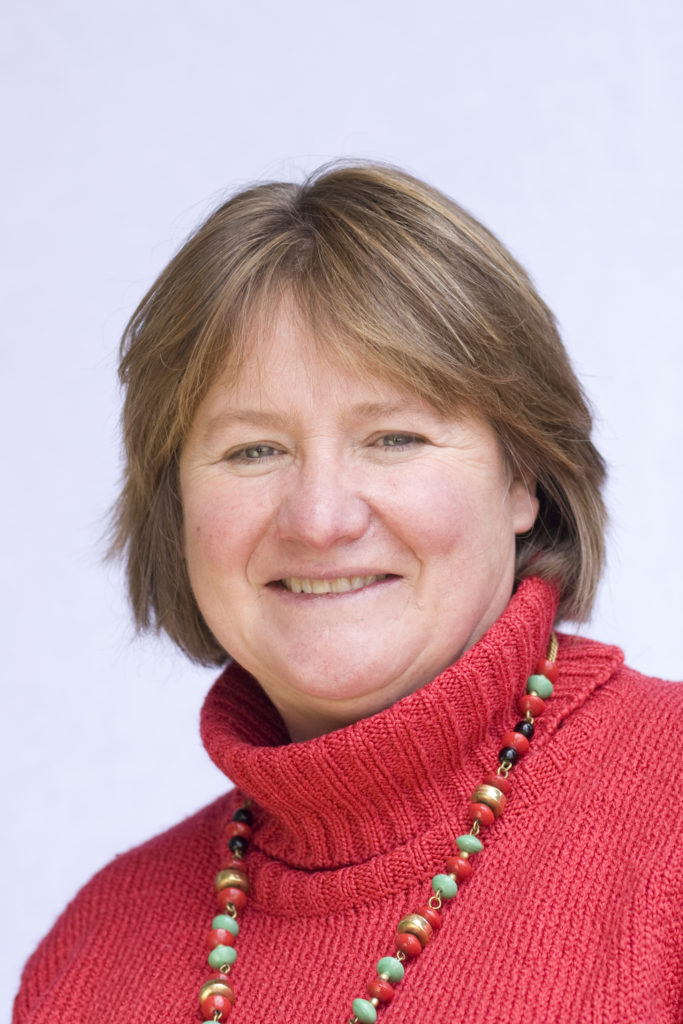Allied Health Professions Australia strongly supports increasing the hours of registered nurses in aged care, just as we support all the recommendations of the Royal Commission.
Unfortunately, cherry picking recommendations does people in aged care a disservice.
A single nurse is not going to be able to undertake rehabilitation of residents, improve mobility, address malnutrition and poor food services, assess swallowing risks and communication issues, provide counselling and psychological support and all the other interventions that are the skill set of allied health professionals.
The Royal Commissioners were very clear that there was insufficient access to allied health services, and that to effectively address reablement and quality of life for residents, adequate access to the breadth of allied health services was required. Multidisciplinary care is essential to better outcomes and there is ample evidence to support this.
The response of the government was to accept Recommendation 38 for allied health in residential aged care ‘in principle’, which commits them to nothing. The Opposition has largely ignored allied health in aged care.
Instead of any clear plan to address gaps to accessing allied health services, there appears to be a passive approach in the hope that the new AN-ACC funding model will somehow solve the problem.
The AN-ACC funding model was never designed to address the poor access to allied health services, a point reinforced by Professor Kathy Eagar, its lead designer.
This is also well understood by all the key players in the sector, who are calling for dedicated funding for needs-based allied health services. The National Aged Care Alliance (NACA), made up of 52 organisations from all facets of the aged care sector, has released a position paper in support of this.
Currently the inadequate ACFI model mandates that around 4% of its budget be spent on a limited range of allied health services. The AN-ACC funding model, which will be implemented in October, mandates nothing. Allied health care minutes will be required to be reported, but there is apparently no benchmark, and a crude measurement of ‘allied health minutes’ gives no indication of outcomes. The spend is unlikely to be more than 4% of the budget under AN-ACC although it is a slightly larger pool of funds. There is no plan to increase access to allied health services as part of core funding.
The assumption is that aged care facilities will undertake full clinical assessments, though by whom remains unclear. Allied health will then be engaged according to a resident’s needs.
Then comes the sting in the tail. The (frankly naïve) assumption is that engagement of allied health will ultimately reduce care costs and therefore the facility will gain a ‘return on investment’. Maybe, in some cases, but this cannot be guaranteed. Everyone talks about ‘prevention’ and saving costs sometime later, but few, including governments, are willing to significantly invest in it.
The recent $10/day basic care funding increase for residential aged care facilities, ostensibly to improve nutrition, provides a stark reminder of why a passive approach is unlikely to be successful. Despite explicit reporting requirements, the evidence is clear that there has been no improvement and that the extra funding has been consumed to address general underfunding. There is every reason to believe that the same will occur with allied health services.
The federal Budget’s $22m investment in a ‘pilot’ to explore multidisciplinary in-reach services from hospitals, while welcome, misses the point. This approach is likely to be useful after an acute episode such as a fall or development of a pressure sore, where an intensive, time limited intervention is required. But there would simply not be the capacity to address the ongoing needs of the majority of residents requiring access to a range of allied health services.
Neither of these funding options (AN-ACC or Hospital in-reach) ensures a systems approach that meets the needs of residents, such as providing training to personal care staff to support ongoing therapies for individual residents, or ensuring appropriate food and fluids are provided. For example, under the AN-ACC funding there is no incentive to support multidisciplinary team collaboration in the best interests of the resident.
The flaws in the current approaches being rolled out in response to the Royal Commission are not confined to the residential aged care sector. Older Australians have overwhelmingly indicated a desire to stay at home and age in place as long as they possibly can. Ultimately, strong investment in wellness and reablement in the person’s own home will also reduce the overall costs in the aged care system. However, there is grave concern that the design of the ‘Care at Home’ program is being rushed, and that the value and breadth of allied health is still poorly understood by policy makers. The risk then is that allied health may not be effectively incorporated into the program in a way that serves the best interests of older people at home.
To address all the identified issues in aged care a comprehensive approach is needed, not just headline-grabbing announcements that make people think something effective is being done. The sad fact is that there are not enough nurses to provide 24 hour coverage in every nursing home in the foreseeable future, and meanwhile, other valuable opportunities are falling by the wayside.
As the NACA position paper states:
‘That the Commonwealth urgently address the lack of articulated plans regarding allied health
funding. A clear action plan to achieve the recommendations for allied health of the Royal Commission into Aged Care Quality and Safety in a timely way must be developed, as part of the overarching plans to ensure access to the required multidisciplinary aged care workforce.’
The time is NOW!
Claire Hewat is CEO of Allied Health Professions Australia.
Do you have an idea for a story?Email [email protected]
 Aged Care Insite Australia's number one aged care news source
Aged Care Insite Australia's number one aged care news source


